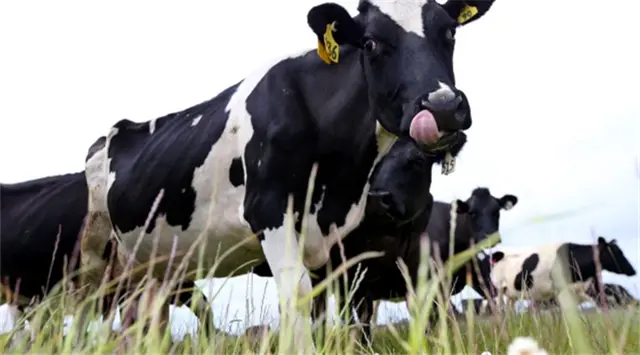New Zealand's trade deficit in the year to the end of March rose to its highest figure in almost seven years on the back of plunging dairy prices, the government statistics agency said Wednesday.
The annual deficit hit 3.8 billion NZ dollars (2.62 billion U.S. dollars), the largest since April 2009, according to Statistics New Zealand.
"The large annual trade deficit is a result of falls in the value of primary produce exports," senior manager Nicola Growden said in a statement.
"Alongside consistent falls in the value of milk powder, values of beef and lamb have fallen in recent months."
The value of exported goods fell 1.2 percent to 11.9 billion NZ dollars (8.19 billion dollars) in the March 2016 quarter, while the value of imports fell 3.2 percent to 12.8 billion NZ dollars (8.82 billion dollars).
The value of meat and edible offal exports fell 17 percent, or 300 million NZ dollars (206.76 million dollars), in the March 2016 quarter compared with the December 2015 quarter, while milk powder, butter, and cheese value fell 6.4 percent, or 181 million NZ dollars (124.74 million dollars).
Meat export values and quantities were high at the beginning of the 2015-2016 meat export season, but began falling in December 2015.
Last month beef exports to the United States were down 32 percent, and lamb exports to China fell by 34 percent.
The main opposition Labour Party said the figures reflected the economy's over-reliance on dairy exports and a lack of infrastructure to encourage diversification.
"While value-added exports such as pharmaceutical products, optical and medical equipment and electrical equipment all rose they are far too small compared to dairy to offset the problems in the rural sector," Labour finance spokesperson Grant Robertson said in a statement.
"In 2102, the government set a goal to increase exports from 30 percent to 40 percent of GDP (gross domestic product) by 2025. The reality is that as a country we are going backwards and exports are just 29 percent of GDP."
 简体中文
简体中文










